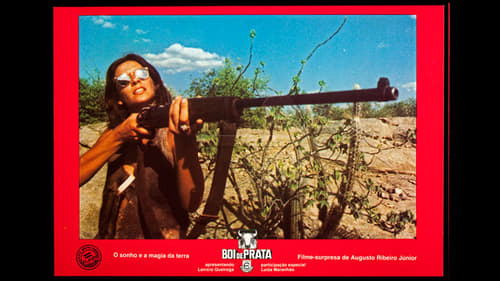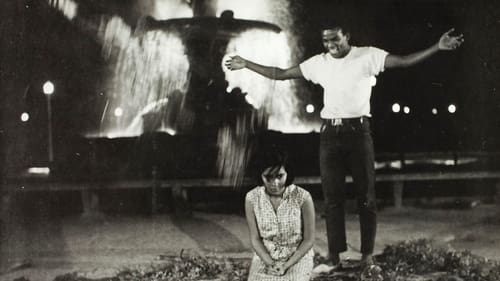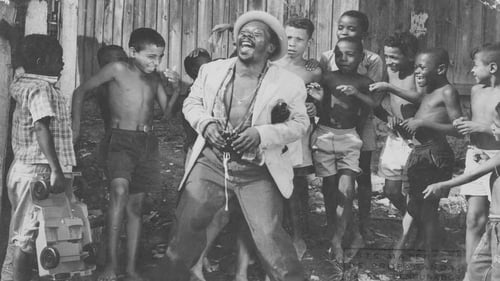
Self
"Portraits and excerpts from Brazilian films from all times. Actors, directors and images that affirm cinema."

Maria dos Remédios
Somewhere in Rio Grande do Norte's countryside, Brazil, the wealthy farmer Elói Dantas (Álvaro Guimarães) decides to increase his patrimony even further by exploiting ores. To do this, he tries to appropriate the small site of Antônio Vaqueiro (José Marinho). Desperate, Antônio rushes to the aid of the gypsy healer Maria dos Remédios (Luiza Maranhão) and the poet and dreamer Tião Poeta (Lenicio Queirogo) to face the greed of Elói.

Amiga
Chronicles the life of a 17 year-old girl living in the upper-class Rio de Janeiro neighbourhood of Ipanema. Márcia lives a life of parties and spend her days among bohemians, musicians and intellectuals. While seeming happy in the outside, she's extremely anguished inside. Based on the famous song by Antonio Carlos Jobim and Vinicius de Moraes.

Originally produced for German TV, Improvised and Purposeful is a firsthand look at the "Cinema Novo" movement (otherwise known as the 'Brazilian New Wave'). Director Joaquim Pedro de Andrade focuses on six Cinema Novo filmmakers working in Rio in 1967.

In search of a better life, Luzia leaves the Northeast of Brazil and goes to Rio de Janeiro, looking for her fiance who went first to pave their way. Alone in the Marvelous City, she is forced to accept the friendship and protection of Calunga and, later, the company of Inácio.

Dandara
The life of a runaway slave who founded the Quilombo dos Palmares, an outlaw community of Brazilian slaves.

Zulmira
Based on true events in Rio de Janeiro, in 1960, when a gang having the infamous outlaw Tião Medonho as a leader performed a sensational railroad hold-up on a train carrying a small fortune.

Cota
In Bahia, an educated black man returns to his home fishing village to try and free people from mysticism, in particular the Candomblé religion, which he considers a factor of political and social oppression, with tragic outcome.

Maria
Made in the famous "Água de Meninos" market, the greatest popular market in Salvador, Bahia, Brazil. Salvador is revealed without prejudices, from the world of high finance up to the sordid environment of exotic cabarets.







